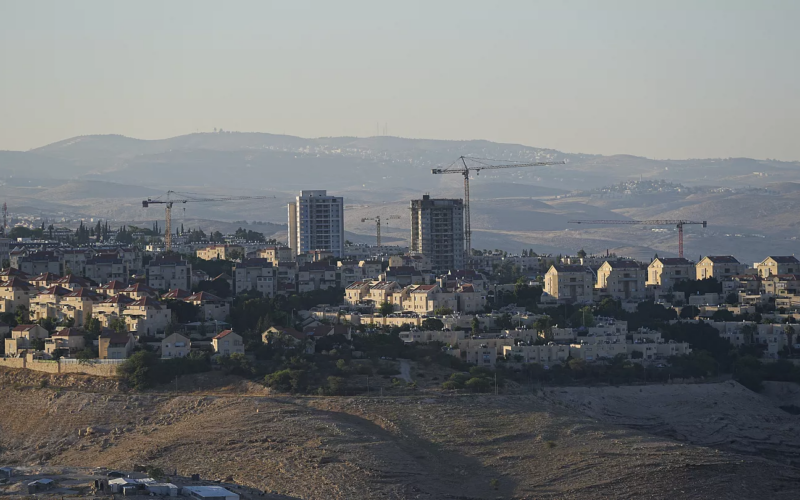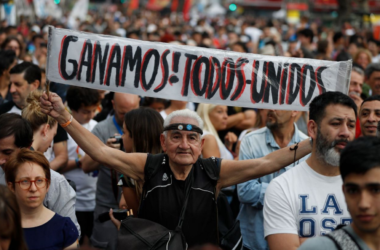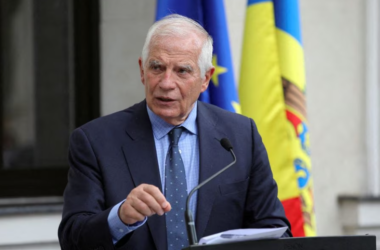The Israeli government has given the go-ahead for the construction of nearly 5,300 new housing units in West Bank settlements, as reported by Peace Now, an anti-settlement monitoring group, on Thursday. This decision forms part of an ongoing campaign to expand settlements, aiming to solidify Israeli control over the territory and obstruct the creation of a future Palestinian state.
The Higher Planning Council, a division of the Israeli defense body COGAT that manages the planning for settlements, approved or advanced plans for the construction of 5,295 homes in various settlements throughout the West Bank. While COGAT did not provide immediate comments, Prime Minister Benjamin Netanyahu’s office also did not respond to inquiries.
The announcement of the settlement expansion coincides with efforts to resume ceasefire talks in Gaza. An Israeli official confirmed that Netanyahu has decided to send negotiators back to the discussions aimed at ending the nine-month conflict. The militant group Hamas stated that it has provided mediators with its latest response to a U.S.-backed proposal for a phased ceasefire.
In a related development, fighting between Israel and Lebanon’s Hezbollah has intensified. The militant group claimed to have fired over 200 rockets and drones into northern Israel on Thursday, in retaliation for the killing of a senior commander in an Israeli airstrike. This ongoing conflict has escalated fears of a broader war in the Middle East.
The Israeli government’s recent settlement approvals are seen as the most significant land seizures in the West Bank in more than thirty years, according to Peace Now. The initiative is spearheaded by Finance Minister Bazalel Smotrich, a prominent supporter of settlements who is also responsible for settlement policy under Netanyahu’s hardline administration.
This move is likely to exacerbate tensions in the West Bank, which has already experienced a surge in violence since the Gaza conflict erupted on October 7. The Palestinians aspire to establish an independent state encompassing the West Bank, East Jerusalem, and Gaza—territories that Israel captured in the 1967 Mideast war. The settlement expansion could also strain relations with the United States, an ally of Israel that has consistently voiced opposition to the settlement activities, despite limited pressure on Israel regarding the issue.








